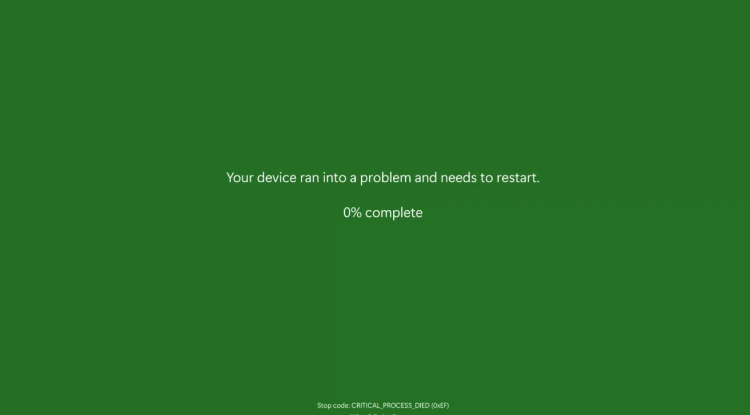Choosing Between HDD and SSD: Which Hard Drive is Better for Your Computer
When choosing a hard drive for your computer, you may be faced with a dilemma: HDD or SSD? Both types of drives have their advantages and disadvantages, and the right choice depends on your needs and budget. In this article, we will analyze the main characteristics of HDD and SSD and help you decide which hard drive is best for you.

HDD (Hard Disk Drive):
- Capacity : HDDs typically offer more capacity than SSDs for the same price. If you need a lot of space to store files, photos, and videos, an HDD may be a good option.
- Cost : HDDs are generally more affordable in terms of cost per gigabyte compared to SSDs.
- Performance : HDDs are less efficient than SSDs. They load the operating system and applications more slowly and have a longer available seek time.
- Reliability : HDDs are more susceptible to mechanical failure due to moving parts such as platters and needles. However, modern HDDs are still quite reliable.
SSD (Solid State Drive):
- Speed : SSDs are much faster compared to HDDs. They provide fast system boot times, instant data access, and high data transfer rates.
- Performance : SSDs significantly improve your computer's performance. Everything from launching applications to copying files is much faster.
- Reliability : SSDs are more reliable due to the lack of moving parts. They are more resistant to shock and vibration.
- Power Consumption : SSDs consume less power, which can extend battery life in laptops.
Which hard drive to choose?
Choosing between HDD and SSD depends on your needs. If you value more capacity and a more affordable price, HDD may be a good choice. However, if you value speed, performance, and reliability, SSD is your option.
Many users today prefer SSD for the operating system and applications, and HDD for storing large amounts of data. This allows you to combine the benefits of both types of drives.
Share
What's Your Reaction?
 Like
0
Like
0
 Dislike
0
Dislike
0
 Love
0
Love
0
 Funny
0
Funny
0
 Angry
0
Angry
0
 Sad
0
Sad
0
 Wow
0
Wow
0





![Transfer/ Postings Senior Superintendent Police Hyderabad [Notifications]](https://pakweb.pro/uploads/images/202402/image_100x75_65d7bb0f85d5f.jpg)
![Amazing Text Animation Effect In CSS - [CODE]](https://pakweb.pro/uploads/images/202402/image_100x75_65d79dabc193a.jpg)






